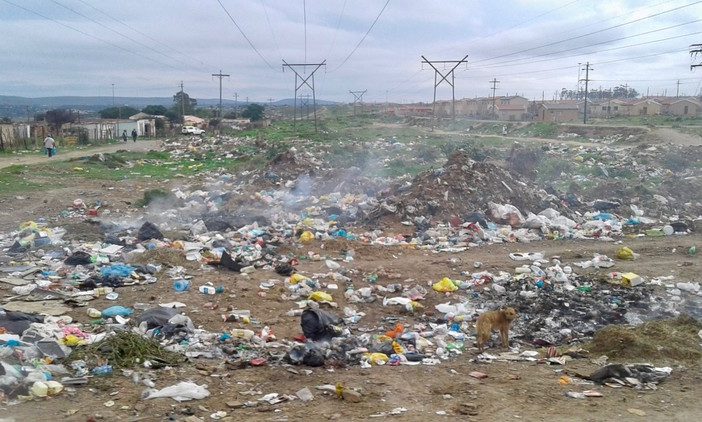The South African Chartered Institute of Government Finance, Audit and Risk Officers (CIGFARO) has welcomed the audit results released by the Auditor-General (AG), regarding the financial performance of municipalities.
Last week, the AG released yet another set of municipal audit results that show an overall decline in audit results for the 2017-18 financial year.
The AG notes that 18 out of 257 municipalities across the country were able to consistently achieve a clean audit status (being an unqualified audit opinion with no other findings) even though they were faced with similar challenges to their counterparts.
CIGFARO noted that these municipalities achieved these good results due to their best practices including stable leadership that is committed to a strong control environment supported by effective governance.
Twelve of these municipalities were in the Western Cape and included the local municipalities of Swellendam, Witzenberg, Bergrivier, Breede Valley, Cape Agulhas, Cederberg, Hessequa, Matzikama and Overstrand.
Other municipalities that consistently perform well are Senqu (Eastern Cape), Midvaal (Gauteng) and Okhahlamba (Kwazulu-Natal).
Maintaining clean audit status
“CIGFARO is pleased to announce that 12 out of the 18 municipalities which maintained a clean audit status have staff members who are active members of CIGFARO,” the institute noted.
These members have consistently attended seminars and workshops to help improve their skills and expand their scope of knowledge.
In most of these municipalities it was noted that the Municipal Manager usually accompanies the Chief Finance Officer to the practical CIGFARO events.
CIGFARO President, Peet du Plessis, commented: “We need to ensure that we have the right people in the right positions to execute the plans and to deliver to the public we serve. Moreover, staff productivity is a key issue to ensuring service delivery.
Du Plessis continued: “We are employing more staff and paying them more, yet there is more outsourcing and more overtime, with lower productivity at the end of the day. This is unsustainable. We need to look at interventions to increase productivity, such as the transfer of skills to minimise reliance on consultants, considering new shift systems, and ultimately enhance service delivery.”
High standard of ethics
Du Plessis further alluded for the need to again professionalise the sector as it was in the past where a person could not act as a Treasurer now CFO unless he is well qualified and belongs to the Institute.
“This requirement was unfortunately repealed by legislation and there is a need to review this position and re-introduce this as a requirement.
This requirement should also be rolled out to the whole public sector for officials in the finance, risk, supply chain and audit. A high standard of ethics and true leadership is required in the sector to bring it up to speed. CIGFARO has high standard of ethics for its members and could fill the requirement through its members,” he stated.
CIGFARO’s CEO Abbey Tlaletsi, also commented: “The partnership with Auditor-General and key stakeholders will be what jointly improves the lives of finance practitioners in the public sector.”
Author: Babalwa Bungane
This article was originally published on ESI Africa and is republished with permission with minor editorial changes.















